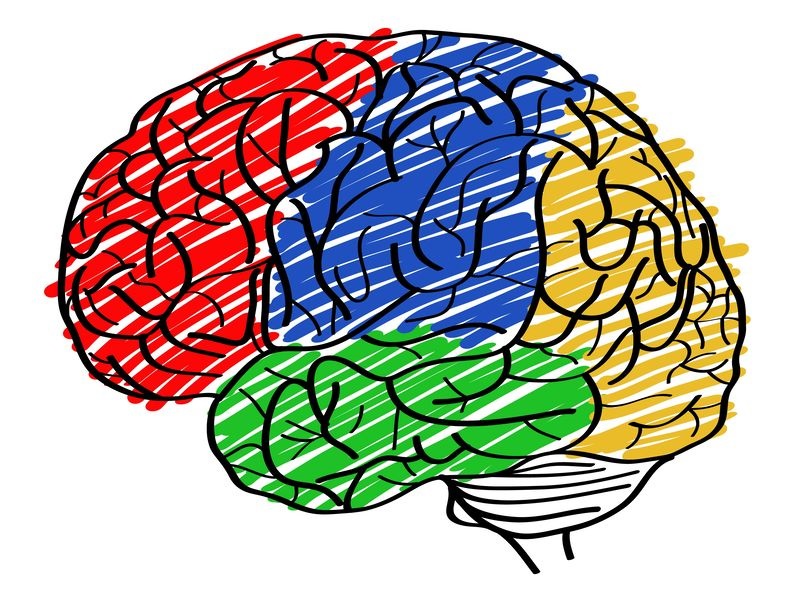School Neuropsychology
School Neuropsychological Assessments -Toronto

Are You Worried About A Young Person?
- A Child, Adolescent or Young Adult? -
Dr. O'Connor has post doctoral training in school neuropsychology with the American Board of School Neuropsychology (ABSNP). She offers comprehensive in depth school neuropsychological assessments to children, adolescents and young adults. The young people she works with require a more comprehensive, in depth assessment than the traditional psychoeducational evaluation. Her young clients exhibit a range of learning, social, emotional and behavioral concerns, and either show or are suspected of having serious and/or complex challenges, in any or several of these areas. Dr. O'Connor's comprehensive, in depth school-neuropsychological assessments help get to the root of the psychological/learning issues that plague her young clients. The traditional psychoeducational assessment does not offer the in depth, comprehensive assessment and analysis that her young clients require.
What Is School Neuropsychology?
School Neuropsychology is a critical area of practice within the larger practice areas of clinical and/or school psychology. School Neuropsychology focuses on the neuropsychological underpinnings of specific domains. These include sensorimotor functions, attention, learning and memory, visuospatial processing, auditory processing, executive functions, language skills and speed of processing. School Neuropsychology builds understanding of the brain behaviour relationships that underlie the psychological challenges that present in young people, and lays the foundation for the development of evidence-based targeted interventions to address them.
School Neuropsychologists have advanced training in school neuropsychology. They apply both neuropsychological and educational principles to assessments and interventions with young students. They offer school neuruopsychological assessments to assess and develop an understanding of the functional manifestations or profiles of the the strengths and weaknesses of the the students they work with. This focus becomes part of the solution. It leads to evidence based interventions to assist the young person, their families, the school and others who work with them, to address the learning and other psychological challenges they face
The School Neuropsychological Assessment

Dr. O'Connor's comprehensive in depth school neuropsychological assessments help you, help the children, adolescents and young adults you care about and work with. Children, adolescents and young adults can suffer from a range of neuropsychological concerns, from the relatively benign to the more serious. Their families, and the professionals who work with them are searching for answers; they want to get to the root of the problem and help the young people they care about and work with.
School neuropsychological assessments explore a range of concerns that present in young people, and that contribute to problems with learning, as well as, social, emotional and behavioural concerns. They are comprehensive, in depth assessments that increase understanding of the brain-behaviour relationships that underlie the psychological and learning challenges that present in young people. The school neuropsychological assessment results in a comprehensive and in depth profile of the young person's neurocognitive strengths and weaknesses across various neuropsychological domains.
In providing an understanding of the young person's neurocognitive strengths and weaknesses across neuropsychological domains, the school neuropychological assessment leads to evidence based, targeted interventions. This pattern of both strengths and weaknesses offers an understanding of how the neurocognitive weaknesses/deficits and strengths the student shows inhibits his/her functioning in areas of concern.
School neuropsychological assessments provide a more comprehensive, in depth assessment than the traditional psychoeducational assessment. This applies specifically to the underlying neuropsychological processing concerns that young people with learning and other psycholological problems often exhibit. The traditional psychoeducational assessment can serve as a critical screener to identify whether a more fulsome school neuropsychological assessment is required.
School Neuropsychological Testing quantifies the severity of the young person's impairments and provides objective, valid and reliable measures of cognition, emotions, personality and behaviour. These results can also help inform effective intervention programs.
Click here to learn more about school neuropsychology.
When To Consider A School Neuropsychological Assessment
Students who show any of the following concerns may benefit from a school neuropsychological assessment:
- The student is showing processing deficiencies on a psychoeducational evaluation.
- The student shows valid large scatter in psychoeducational test performance.
- The student has a known or suspected neurological disorder.
- The student is returning to school after a head injury or neurological insult.
- The student has shown a dramatic drop in achievement that cannot be explained.
- A student who has been diagnosed with or is showing signs of a head injury. This includes a student who has suffered a head injury, including a mild brain injury or concussion.
- The student has suffered a brain injury, and/or is showing PTSD as the result of a MVA or other trauma or insult.
- A student with a known or suspected learning disability.
- Students with neuro-developmental risk factors (e.g., prenatal exposure to alcohol, cocaine/cannabis exposure, environmental toxin exposure, nicotine exposure, low birth-weight and prematurity).
- Students with acquired or
congenital brain injury (e.g., anoxia, brain tumours, encephalitis, genetic
abnormalities, meningitis, neurofibromatosis, cerebro vascular diseases or seizure disorders).
- Students who show post traumatic symptoms either from a single acute traumatic event or as the result of chronic, ongoing stressors and who is showing behavioural and/or learning problems.